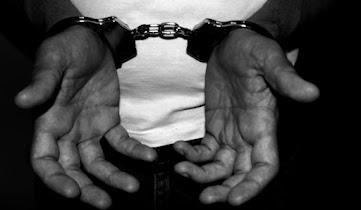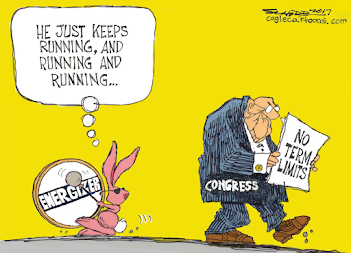The Peril of Zero Tolerance Policies: Enabling Generational Cycles of Poverty and Detrimental Effects on the Lives of Marginalized Students
By Amber Gordon
The utilization of zero tolerance policies in schools across the United States informs a grave threat to the success and wellbeing of marginalized students. Overall, zero tolerance policies require the expulsion, suspension, or arrest of students for specific offenses and are disproportionately applied towards minority group students. For example, according to the Sentencing Project, black students are five times more likely to be incarcerated when compared to white students (Rovner, 2023). As a result, these disciplinary actions have led to the creation of the school-to-prison pipeline, which refers to the trend of students being expelled or removed from school and into juvenile detention centers or prison (ACLU, 2008).
Additionally, since the implementation of zero tolerance policies through the Gun Free Zones Act of 1990, students across the nation have been expelled and incarcerated, oftentimes for minor infractions, which should not warrant such severe punishment. For instance, in the 2018-2019 school year, neaToday reports that over 1,000 kindergartners were suspended in Louisiana while in the 2020- 2021 school year, CBS news reports over 100 elementary school students were arrested. Students impacted by zero tolerance policies at such an early age are more prone to fall into the school-to-prison pipeline; the disciplinary policies ultimately set at-risk students down a path of low expectations.
Also, the school-to-prison pipeline is commonly seen within failing schools, situated in communities of a low socioeconomic background, impeding the possibility that students fulfill their highest potential (Heitzeg, 2009). While these schools already lack basic educational opportunities and face vulnerable student populations, many who come from unstable households, they are majorly criminalized for minor misbehavior issues. In and of itself, zero tolerance policies threaten the fundamental purpose of education, contributing to the continuation of oppressive cycles where the experiences and backgrounds of students are not accounted for (Ahmed, 2020). For instance, in regard to marginalized students, zero tolerance policies encompass a color-blind approach,
Overall, the impacts of these expulsions and arrests are detrimental to the wellbeing of students, their academic success, and can essentially lead to the perpetuation of generational cycles of poverty and oppression. When students are suspended or expelled, they are removed from the classroom, which can cause them to fall behind in their school work or engage in gang violence, especially if they are from a low income urban neighborhood. Nevertheless, zero tolerance policies are heavily implemented across schools in the United States since they are viewed as the most convenient or easiest method to deal with students' misbehavior (Geronimo, 2011).
However, opposing evidence conveys how these harsh disciplinary policies negatively impact the school climate and may increase the number of expulsions. This is recognized by the American Psychological Association’s Zero Tolerance Task Force, whose study conveys how “rates of suspension and expulsion in schools vary widely and can actually increase disciplinary action for those students who are temporarily withdrawn from school” while imposing a monetary strain on low income families when their child is incarcerated (APA, 2006). Hence, an alternative to zero tolerance policies would entail the implementation of restorative justice practices, which require teachers and administrators to adopt a more proactive approach in fostering relationships with students, along with creating a sense of student accountability to curb misbehavior. (Payne & Welch, 2013).



Comments
Post a Comment